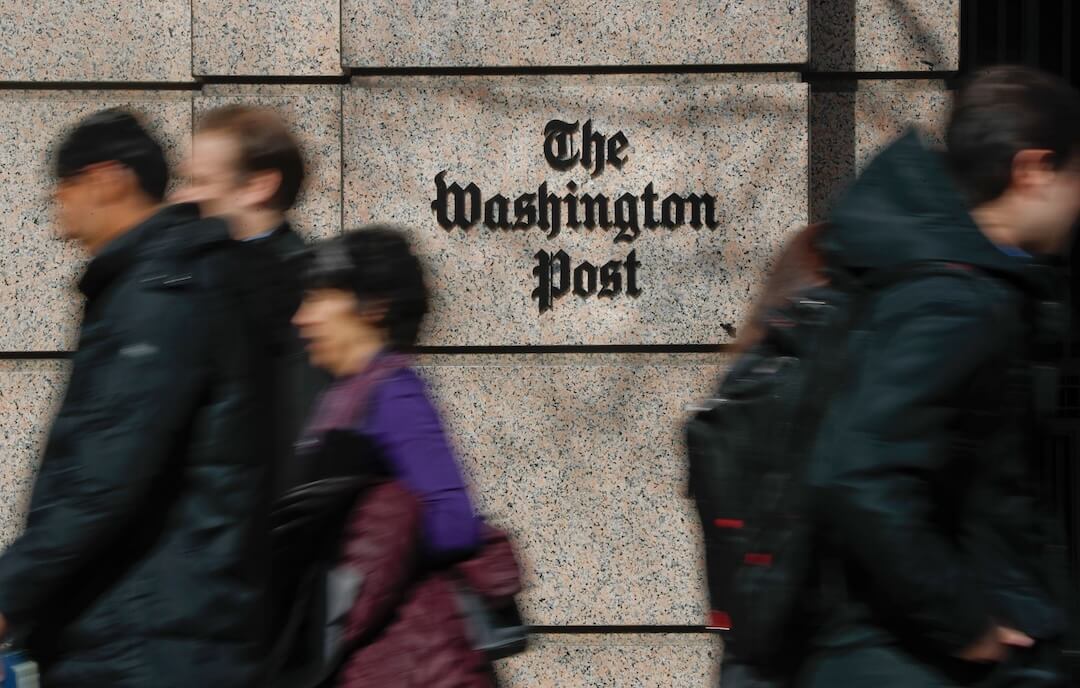In the U.S. and elsewhere, 2016 holds great potential for fact-checkers, and not merely in terms of higher visibility. The coming year could be a big one for the impact, funding and technology of fact-checking globally.
Forecasts, with their inherent reliance on uncertainty and subjectivity, are quite antithetical to fact-checking. So as partial expiation for indulging in this seasonal vice, I promise to return to the following list in December 2016 to see which forecasts checked out, which failed to materialize and what I left out.
1. Fact-checking will keep growing
This one’s easy. The early months of 2016 will see new fact-checkers launching in Brazil, Kenya and Northern Ireland. Recent trends suggest more will join them.
2. We will find out a lot more about the effects of fact-checking
Argentina’s Chequeado and Italy’s Pagella Politica (which I edited, before joining Poynter) have both turned to external academics for an independent assessment of fact-checking’s impact on their countries. What is the effect of fact-checking on politicians, readers and the media? Do readers select and understand fact checks differently depending on their political preferences? The findings of these and other studies will be published in 2016 and fit into a growing trend to build on existing research on the effects of fact-checking, which is mostly U.S.-based.
3. Parts of the fact-checking process will be automated
Computational fact-checking offers great promise. By partnering with natural language processing experts and working with increasingly affordable artificial intelligence tools like IBM’s Watson, fact-checkers will automate parts of their work in 2016. We saw early signs of this in 2015, but a real breakthrough could emerge next year. Areas ripe for automation are the gathering of claims to fact-check, fact-checking of standard-structure claims (“employment went up x% in March”) and the association of erroneous claims anywhere on the Web with their respective fact checks published elsewhere. Décodeurs, Full Fact and Pagella Politica all have plans for software and widgets to facilitate their fact-checking work. A research project from Duke University and the University of Texas at Arlington will also be releasing new tools for fact-checkers.
4. The U.S. election will be the most fact-checked ever
PolitiFact has launched a partnership with NBC News and with Scripps television stations; FactCheck.org has partnered with Jake Tapper’s “State of the Union.” Many others, including NPR, The New York Times and POLITICO have already activated “seasonal” fact-checking columns for election year. State and local fact-checking will boom, thanks also to PolitiFact’s increasing number of state affiliates. The extent to which this growth will help readers decipher the election will have a lasting effect on fact-checking’s reputation.
5. U.S. media-watchers and political operatives will emote about fact-checking
As a corollary of the last point, fact-checking will increasingly be weaponized. As both sides in U.S. politics grow accustomed to widespread fact-checking, they’ll use it when it suits them and attack it when it doesn’t. Expect conservative critics to aggressively label fact-checking as another instrument of the “mainstream liberal media” and the left to flip-flop on the merit of fact-checkers (see Krugman’s trajectory from “PolitiFact, R.I.P.” four years ago to seeing “a pattern” in a recent PolitiFact graph).
6. New business models for fact-checking will be tested
Lupa, launching in 2016, promises to be “Brazil’s first fact-checking newswire.” Unlike newswires like The Associated Press and the Canadian Press, which offer fact-checking as an additional service, Lupa’s entire product would be fact-checking. This approach fits with a trend among many fact-checkers seeking to cultivate revenue streams beyond grant-giving foundations, often in the form of paid services such as selling exclusive content or training. Many will increasingly act as outsourced fact-checkers for generalist media groups.
7. Verification and fact-checking will learn tricks from one another
Verification has had a good year in 2015, a run so impressive I wondered whether it would kill fact-checking. The launch of the First Draft Coalition has catalyzed discussion around the tools and expertise required to get things right before publication. In 2016, expect more fact-checkers to offer verification services, perhaps as a funding strategy, and more verification tools to be used for ex-post fact-checking.
8. Fact-checkers will do a lot more debunking
Most fact-checkers focus their efforts on politicians. But in many cases the stories that gain greatest traction with readers cover errors by the media. This was the case when French fact-checkers debunked stories related to the Paris attacks. Existing fact-checkers will dedicate greater attention to the media, especially in a time of crisis. Entirely new websites fact-checking the media will emerge, especially in fragile democracies where direct scrutiny of elected officials leads to retaliation.







